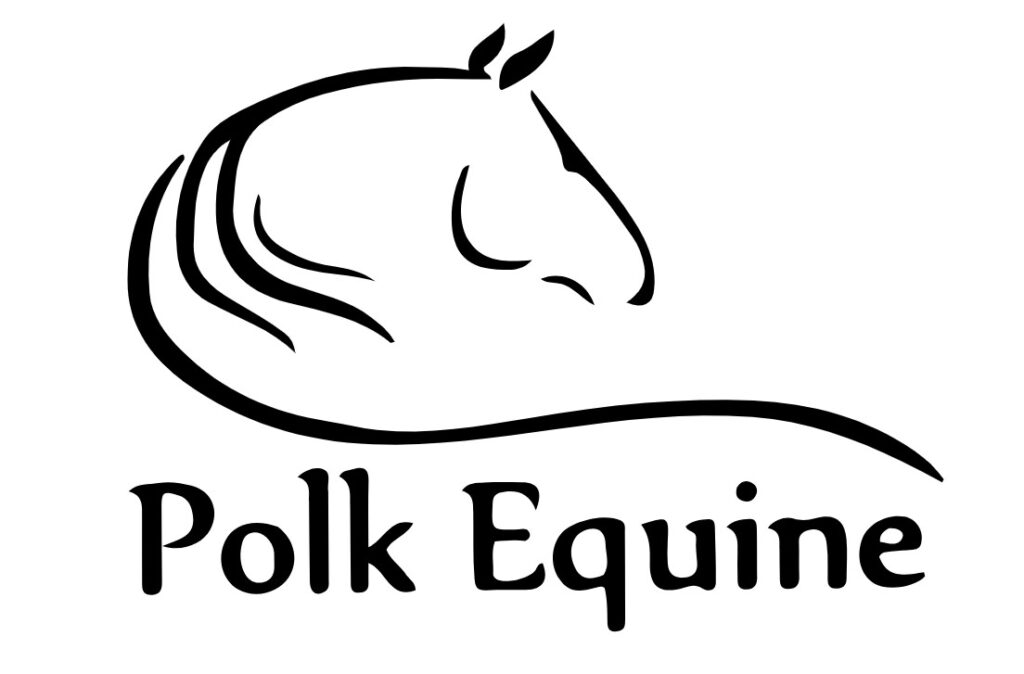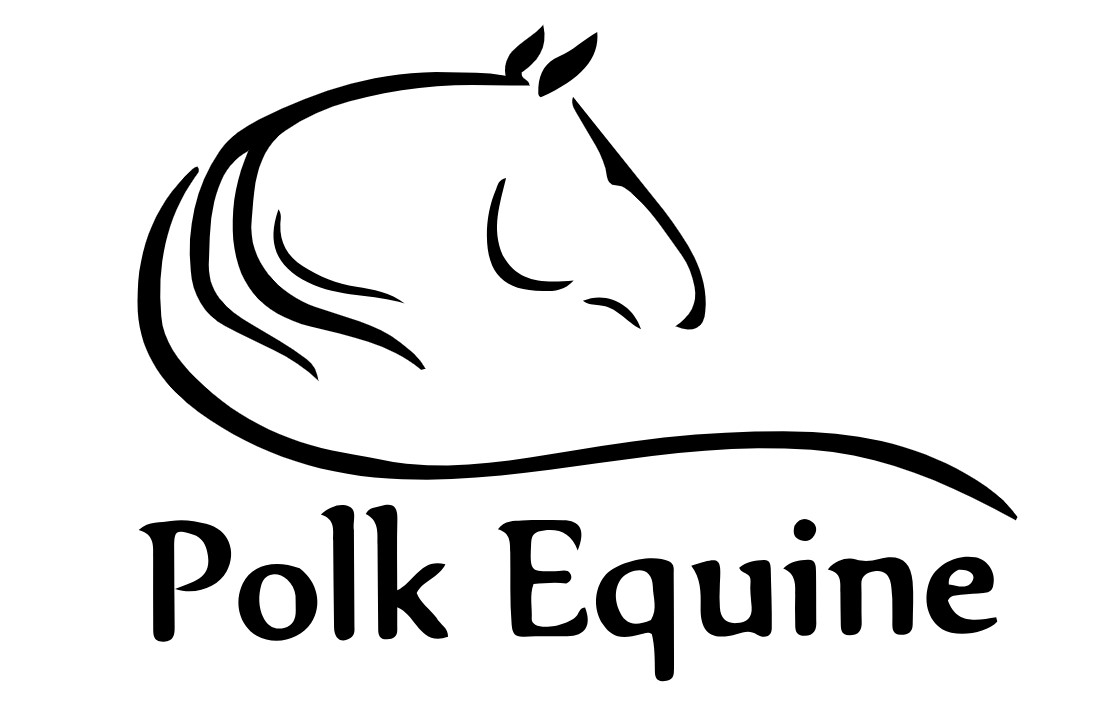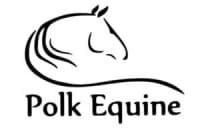Why Hoof and Tusk Maintenance for Pet Pigs Matters
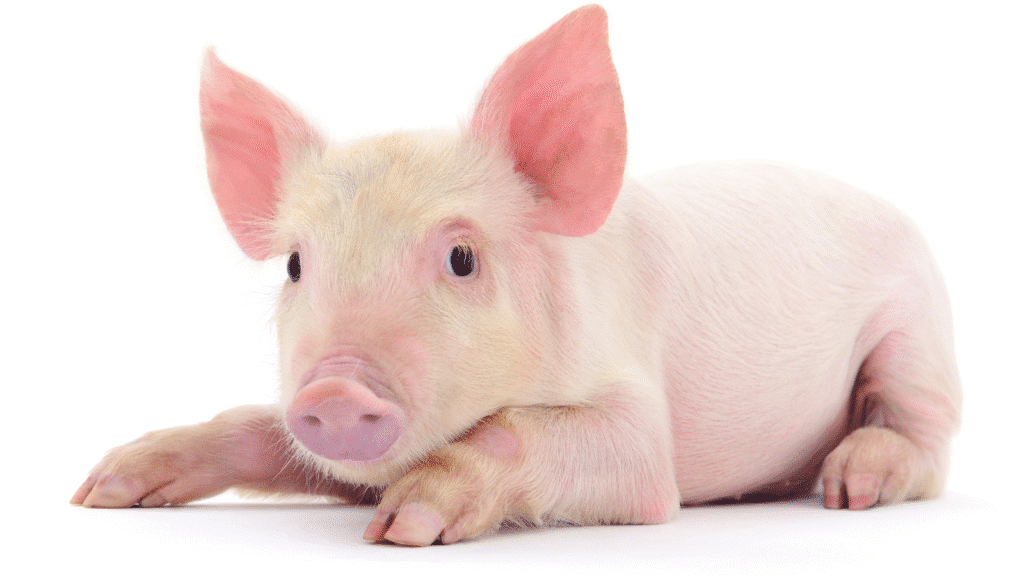
Pet pigs are intelligent and affectionate, and as a responsible owner, you want to do what is best for your pig’s health. While they may look hardy, hooves and tusks need regular care to keep your pig comfortable. Our mobile veterinarian at Polk Equine understands the unique needs of pet pigs and offers wellness services […]
Preventing Strangles: Essential Steps After Reported Case in Polk County
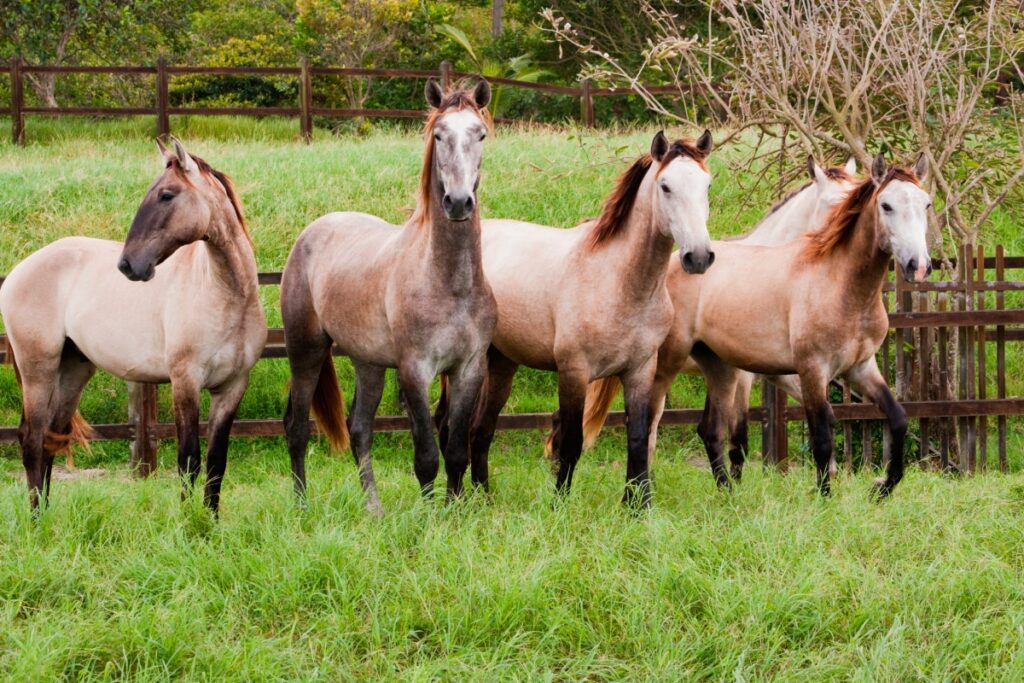
The recent confirmation of a strangles case in Polk County has heightened awareness and concern among local horse owners. As with any contagious disease, prevention is always better than a cure. Understanding what strangles is, how it spreads, and what measures to take can help protect your horses. What Is Strangles?Strangles is a highly contagious […]
More Than a Nuisance: The Real Danger Flies Pose to Horses
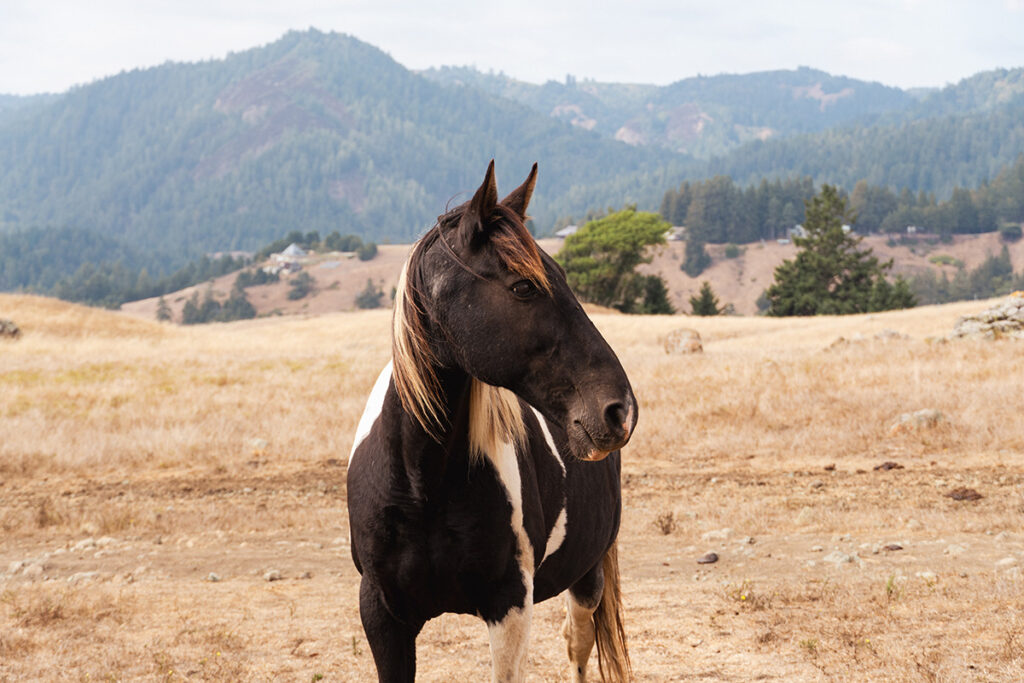
Flies are more than just a nuisance for horses; they pose significant health and welfare concerns that can affect the well-being of horses. Understanding the impact of flies and effective management strategies is essential for horse owners. There are several types of flies that are particularly problematic for horses: 1. Stable Flies: These are often […]
Winter Water Consumption Is Key to Fighting Impaction Colic

As cold weather sets in, horse owners often prioritize warm stalls and blankets. However, one critical aspect that can easily be overlooked is water intake. Maintaining proper hydration in winter is just as vital as it is during the hot summer months. Failing to do so can put your horse at risk for impaction colic—a […]
When It Comes to Hoof Abscesses, Prevention Is the Best Medicine
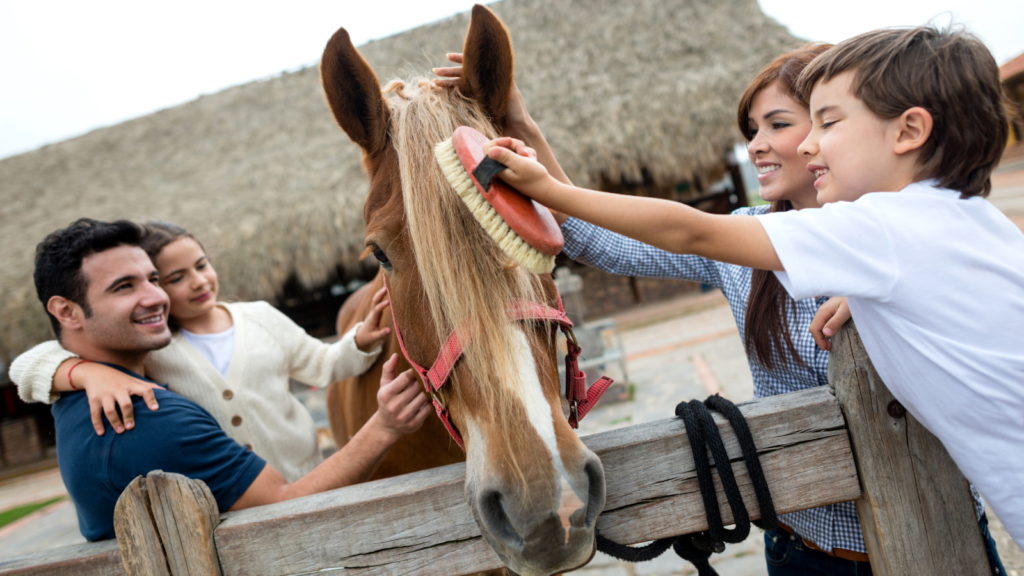
Hoof abscesses in horses can be alarming, but understanding their causes and implementing preventive measures can keep your horse comfortable and healthy. Here’s what you need to know to ensure your horse stays sound. What Is a Hoof Abscess? Imagine a hoof abscess as a pimple—just on your horse’s foot. It occurs when bacteria enter […]
Equine Dental Floats: Why Your Horse Needs Regular Dental Care
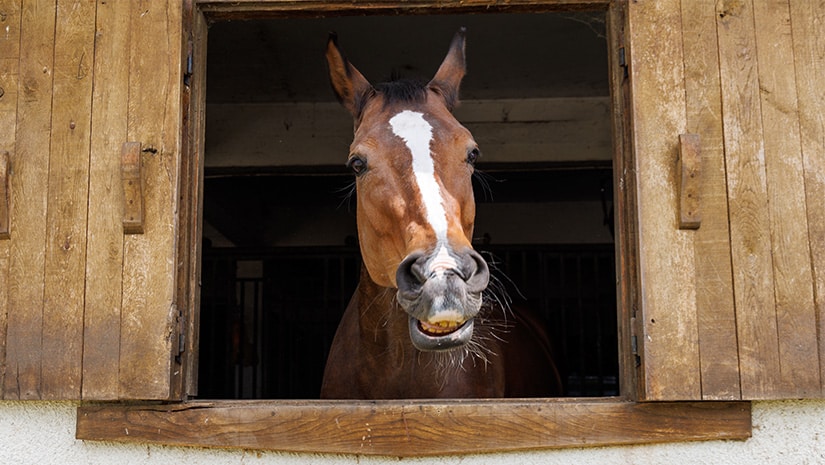
Horses are natural grazers with mouths meant to chew rough forage for most of the day. Unlike humans, their teeth continue to grow throughout their lives, gradually wearing down as they chew. However, modern feeding practices and dental issues can lead to uneven wear, sharp points, and discomfort, making routine dental floating an essential part […]
Understanding and Addressing Back Pain in Horses
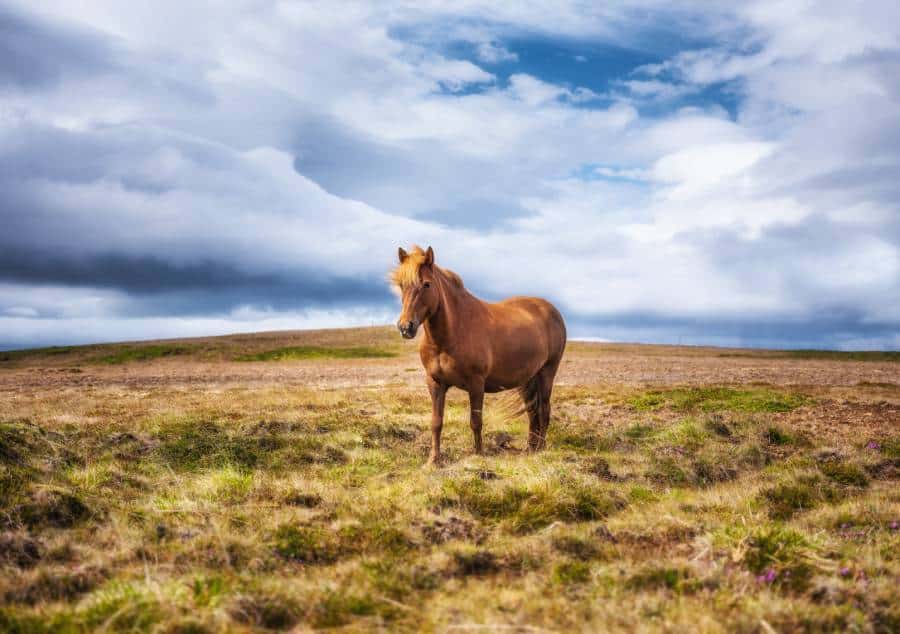
Back pain is a common issue that can greatly impact a horse’s well-being and performance. Just like with humans, identifying the causes and implementing solutions is crucial for alleviating discomfort and ensuring the overall health of your horse. Poor Saddle Fit One of the primary culprits behind back pain in horses is an improperly […]
Guide to Equine Pre-Purchase Exams

Buying a horse is an exciting and often life-changing investment, but ensuring you’re getting a healthy and sound companion is essential. That’s where a pre-purchase examination comes into play, offering valuable insights into a horse’s overall health and suitability for your needs. This exam provides potential buyers with a thorough horse health assessment covering everything […]
Protect Your Horse from Eastern Equine Encephalitis and West Nile Virus
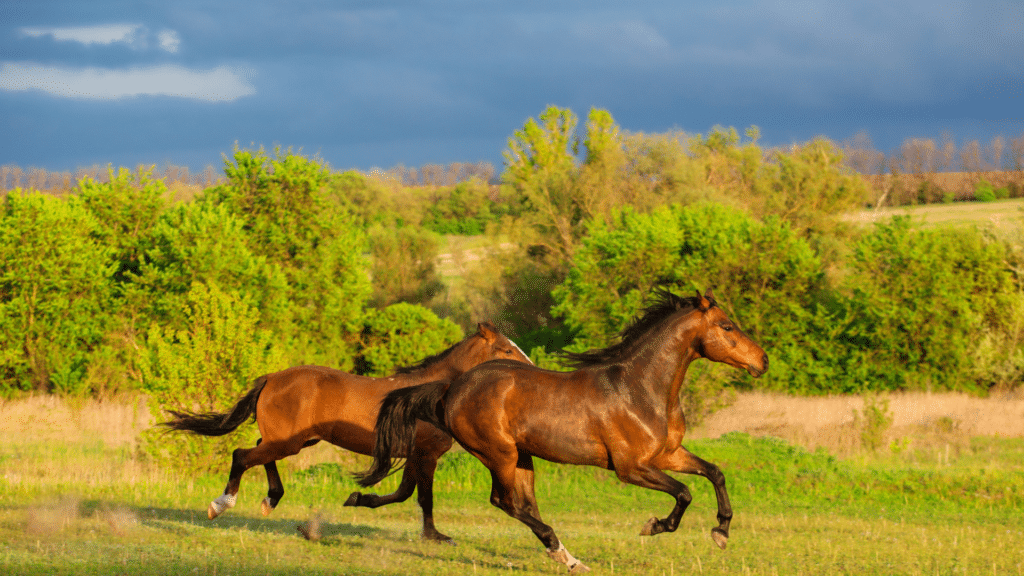
As mosquito-borne diseases make a resurgence across the United States, horse owners need to be vigilant about protecting their animals from Eastern Equine Encephalitis (EEE) and West Nile Virus (WNV). Every year there are cases of EEE and WNV so it’s crucial to take proactive measures to safeguard your horse from these potentially deadly infections. […]
Goat & Sheep Veterinary Care in Lake Wales, FL
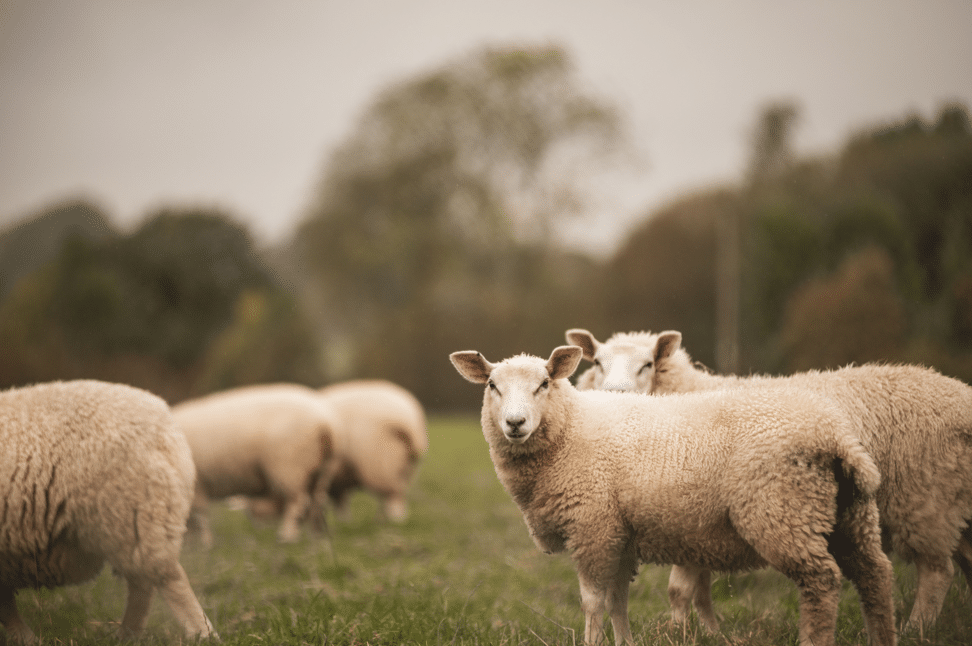
Goats and sheep, often overlooked in the world of pet care, have unique health needs that require specialized attention. In Lake Wales, Florida, dedicated veterinarians are equipped to provide comprehensive care for these fascinating animals. Common Health Issues in Goats and Sheep Goats and sheep are susceptible to a variety of health problems. Understanding these […]
